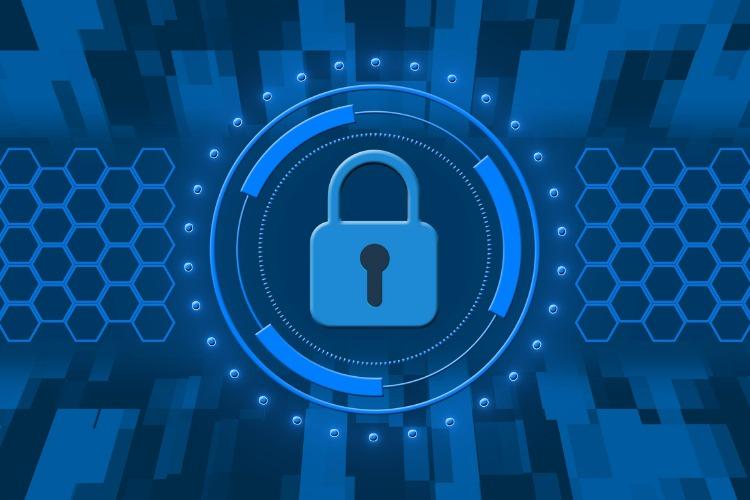Combat Cybercriminals With Sound Office Policies
According to the FBI, cybercrime cost American businesses $12.5 billion in 2023. More worrying was that this was a 22% increase from the previous year, even though there were fewer complaints in 2023. Just over 60% of those losses were due to phishing emails, showing that humans are the weakest link.
As a result, you need to ensure that your office policies are on point. In this article, we'll look at where to focus your efforts. We'll discuss physical security, third-party vendors, and training your team.
Why You Need Robust Cybersecurity Policies
When your office policies are clear, everyone knows what's expected of them. They know what steps to follow to reduce the risk. Your policies can:
- Minimize human error by laying out strict rules that limit weaknesses. For example, it can set out a clear standard for passwords or dealing with links in emails. These policies should leave no room for questions.
- Create accountability with all your employees. Staff members who don't follow the rules can expect to face censure. Knowing this, employees are more likely to be more careful.
- Provide a consistent approach that makes it easy to apply your security measures consistently across the entire organization.
Key Elements of Effective Cybersecurity Policies
When you develop a sound office policy, you should address the common vulnerabilities businesses face. Here's where to start.
Password Management
Weak or reused passwords are one of the common ways for cybercriminals to gain access. If your employee uses the same password on another site, your security is only as good as the other website. If someone hacks that site, they can use the information they gather for credential-stuffing attacks.
With these, they simply set a program to plug in the details into various websites online. A weak password or one that's easy to guess is just as bad.
Your office policy should be to create strong passwords. Here's how:
- Use at least 18 characters.
- Don't use proper words or names.
- Use a combination of uppercase and lowercase letters, numbers, and symbols.
- Consider having employees update their passwords periodically.
Work With Reputable Vendors
Have you thought about help desk outsourcing? Most companies farm out support to save money and improve customer satisfaction. However, it's important to check out the team properly before settling on a company.
Do they adhere to the same security standards you do?
Access Control
The next step is to assume that your system will be breached. What you need to do is to limit the damage. Restrict your employee's access to no more than they need for the job at hand. Additionally, ensure that file-sharing services like Dropbox or Google Drive are properly secured, with access limited to only those who require it.
You can also add an extra layer of security by implementing multi-factor authentication.
Phishing
Your employees are typically the weakest link when it comes to cybersecurity. Phishing emails today are a lot better than they used to be. If you're lucky, you'll pick up small errors like spelling. However, cybercriminals are becoming more sophisticated. It's becoming increasingly difficult to pick up errors. In most cases, even the email addresses are almost identical.
However, you can train your employees to recognize these kinds of attempts. You might also run regular checks by sending out fake phishing emails. The next step is to tell your employees what to do if they suspect an email.
One of the most important things is that they don't click links or download unknown attachments. They should always confirm the veracity of the email before opening attachments or clicking a link. When unsure, they can navigate to the site without using the link.
Device Security
Do some of your employees work remotely? Do they use their own devices? How secure are these devices? Where possible, issue laptops and smartphones to your team. Make sure that they have the correct antivirus software and encryption. Your employees should always lock their devices when they're not in use.
You also need to ensure they have access to a secure Wi-Fi connection.
Physical Security
What about the people you allow onto your property? Do you leave them alone around your computers? You probably know better, but what if they leave an infected USB drive lying around? Again, most people know they shouldn't plug it in.
What about a cellphone charger? There are some models on the market that look exactly like a standard iPhone charger. However, they incorporate a radio transmitter. If you plug in your phone, it'll charge like normal. At the same time, though, the system is transmitting your phone's data.
Being one step ahead of cybercriminals means regarding everything with suspicion. You should train your employees to do the same.
Data Protection
You should always encrypt sensitive data like:
- Customer Information
- Intellectual Property
- Financial Records
Keep it encrypted while it's in transit and at rest. Your policy should set out the procedures for data storage, access, and transmission. Your remote workers can also use a virtual private network to safeguard the data further.
Incident Reporting and Response
Even when you have robust policies, your organization is at risk. You need a policy to deal with incidents swiftly so that your employees know how to react. When everyone knows what to do, you can act faster, minimizing the damage.
Conclusion
Bad actors are everywhere. Your entire organization must stay vigilant to reduce the risk of a breach. The best way to protect your company is to implement strong, clear policies. When everyone knows what's expected of them, they can help you protect your organization properly.

